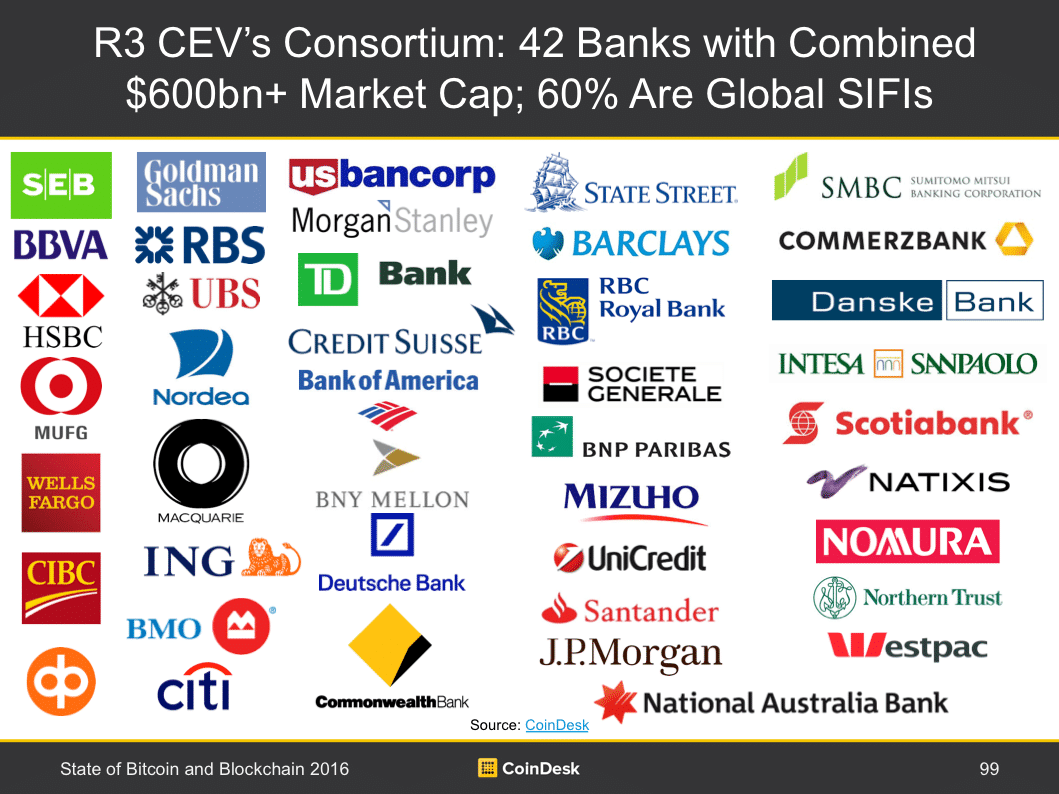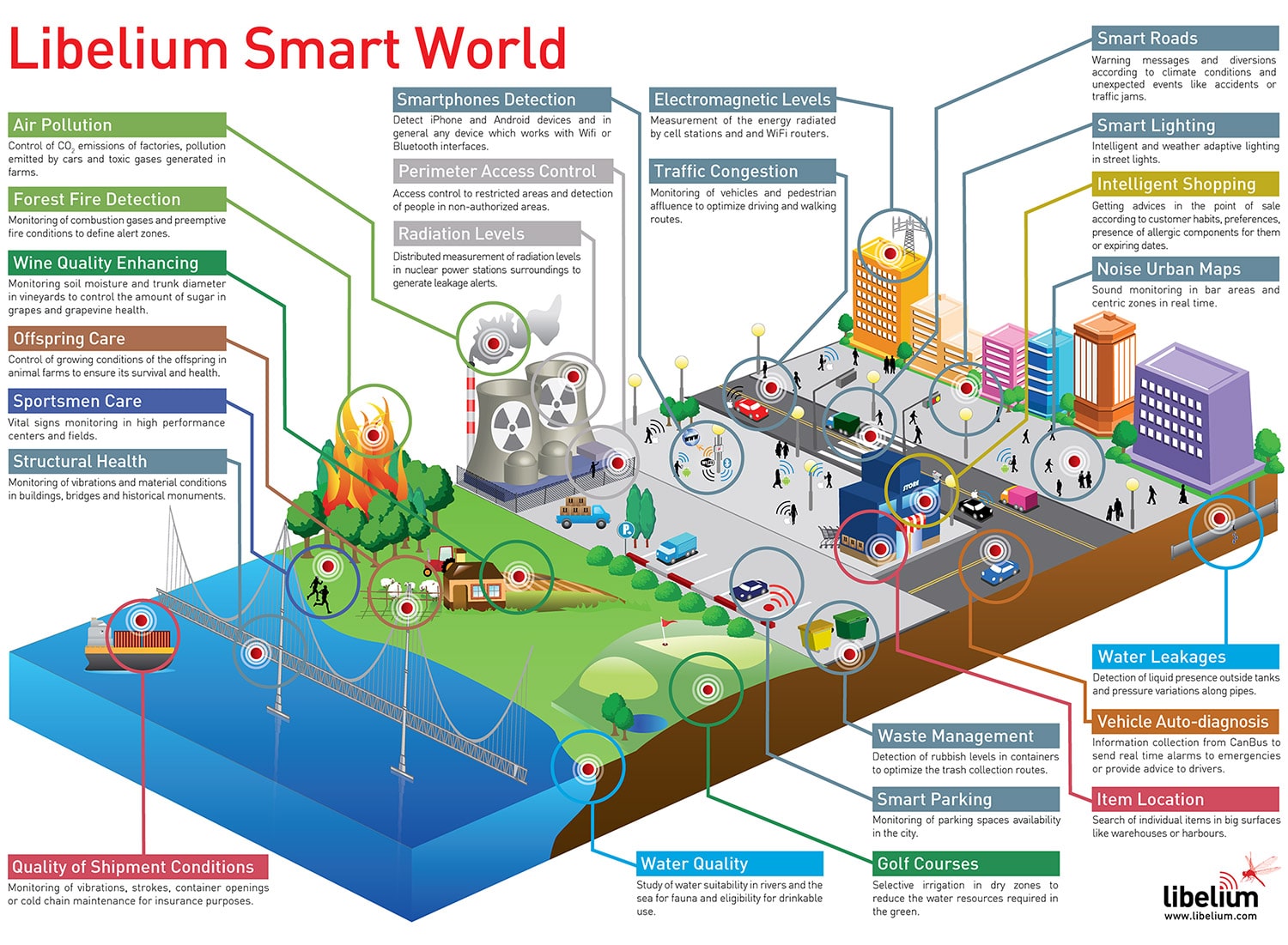There’s a growing approach that the most interesting thing about the existing crop of distributed ledger platforms is not the cryptocurrencies, but instead the device that underpins them: the Blockchain.
Blockchain is the distributed ledger technology making Bitcoin, Ethereum et al possible by giving a record of all transactions and proving who possesses what at any moment. Its security is made certain by sophisticated cryptographic processes that happen to be performed by peer-to-peer users, through a process known as mining.
Why Blockchain Technology?
The blockchain is a fresh form of digital technology that generally prevails independently of government authorities or private institutions, there is absolutely no central server, no administrator, no national boundary, no owner, and it is at the forefront of conversations about the future of democracy, money, legislation, personal information, health, security, insurance, and more – to the degree that some people are even discussing whether it could cause a major disruption to traditional infrastructures.
Blockchain technology functions as a public record of transactions between users. Although it was at first seen as part of the mechanism that makes cryptocurrencies work, it could be applied in a great many other ways: a few of which provide interesting possibilities. It will have a profound influence on the many ways that people and markets work and interact in the foreseeable future; and because of this there are likely to be profound implications for the nature of capitalism. Although this reality may be somewhat remote, we could still enrich our knowledge-base and be ready for the future by delving into a few of the implications now.
Even if the immediate impacts of blockchain technology are not that remarkable, it is clear that there is a significant amount of affinity for how it could improve existing systems. Several high-profile organizations including Microsoft & IBM, by way of illustration, are testing ways that it could be utilized.
Active investors in blockchain technology include New York Stock Exchange (NYSE), Google Ventures, Goldman Sachs, Y Combinator, Visa, Nasdaq, Citi Ventures, Capital One, Mitsubishi UFJ Capital Co, Softbank Ventures Korea, Winklevoss Capital, Andreessen Horowitz, Richard Branson, Reid Hoffman, and Peter Diamandis to name a few.
Al Gore, the forty-fifth Vice President of the United States was quoted saying:
“I think the fact that within the bitcoin universe an algorithm replaces the functions of [the government] … is actually pretty cool.”
It is important to understand that blockchain technology does apply to a reasonably broad choice of social concerns. Most of the appeal towards blockchain technology revolves around four themes associated with its key features. Loosely they are:
- Lower transfer & interaction fees: Blockchain platforms are preserved by their users, without the need for other parties, which radically reduces lots of the fees associated with transactions.
- A high degree of security & trust: Blockchain technology takes away the necessity for third-parties and its decentralised nature would have major benefits in conditions for enhancing trust. The Brookings Institution has presupposed many scenarios where the removal of the dependability on third parties could prove highly valuable. Some other benefits associated with security includes irreversibility, and automatic traceability.
- A high degree of openness, transparency and dependability: The blockchain ledger is open and can be looked at by any person, so any system predicated on an open public blockchain platform is very translucent; any person can easily see all trade-flows. The shutting down of any computer will not lead to loss of information.
- Integrating the digital and physical world: Blockchain technology offers a way of representing nearly every asset, whether it be tangible or intangible. The ownership of those assets can be distinctively identified at any time with no chances of deception, making it very counterfeit resilient.
What Are the Societal Implications of Blockchain Technology?
The social implications of blockchain technology are colossal. Bitcoin has recently provided financial services to a high number of people without access to banking via digital wallets, debit cards & ATMs. It has additionally allowed micropayments & microloans to people in disadvantaged socio-economic circumstances, unravelling a complete new form of advantage for the world economy.
Another example of a social implication is within a section of social enterprise where lack of trust is a specific issue, specifically within international aid campaigns. Many organisations working in this area tend to be in challenging geographies such as places in turmoil, where facilities are often poor or even non-existent and where corruption is rife. Blockchain technology offers a genuine means of finding a way around the challenges of corruption. Smart contracts for instance could give a significant advantage for social entrepreneurs operating in places where dependable third parties are tricky to find.
The decentralised characteristics of the blockchain and smart-contracts mean that an agreement built on its platform does not need a separate party. And since smart-contracts are essentially computer code, contractual conditions could be translated into logical functions which trigger automatically when set conditions are met. At the most basic level, it might be possible to add clauses in smart agreements which stipulate that obligations are met if certain results are achieved. Smart agreements may even be used to govern the circulation of money.
Blockchain technology addresses many present day issues. The notion of Internet of Things (IoT) has been around for some time. The essential idea is the fact that internet technology could be used to develop a large network of smart machines and appliances, which are able to interact with us and with one another without deviation. Such devices are already inside some of our homes, such as ovens with internal cameras that can tell users when food gets cooked, right up to fully-fledged smart cities where services such as rubbish collection, traffic, transportation and infrastructure management are run by systems of internet-enabled applications and vehicles.
In a globe with a complete adoption of Internet of Things, smart agreements could make their own decisions and permit smart objects to undertake tasks with no need for persistent human entanglement.
Branches of authorities such as governments are tied to legislations, therefore they make sure that most control is under their command. Many constitutions of the world suggest that people are the source of command and should have full control. The new infrastructure provided by blockchain technology allows a self-organized society to not only make public decisions, but to take the roles of authorities and perform them better.
Blockchain technology has exhibited opportunities in many entities and places where this was recently illogical or beyond the bounds of possibility. You can find potentially huge benefits in utilizing this new technology. Another important use for blockchain technology could be during voting in elections and referendums, which is what an organisation called Follow My Vote is aiming to achieve.
The sharing economy has been a wide-spread idea for millennia, however the use of blockchain and digital technology is leading to an exponential progress in this field by allowing a swift, easy and cheap process. This may impact traditional business, specifically if sharing and not ownership becomes typical; the idea of “unwanted goods” owned by a person could become redundant, confronting unsustainable consumption head-on and climate-change, pollution, biodiversity loss and resource depletion indirectly. It could also allow access to new paths for constructive social adjustments, as the short-term lease of unused assets could succeed the long-term ownership of assets as the societal norm.







